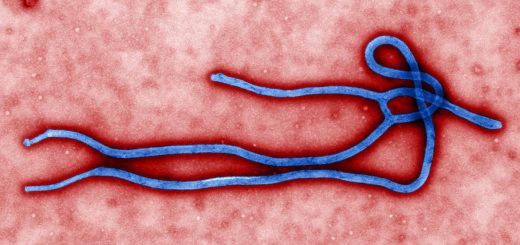Should you trust your intuition?

Intuitive eating has been at the forefront of many social media platforms with Google searches doubling since January 2020 and its eponymous hashtag gaining around 840 million TikTok views[1]. With the number of dieticians, nutritionists and health professionals promoting this approach it might seem like a no-brainer, however we shall dive deeper.
For starters, let’s get our definitions straight. Social media’s portrayal of intuitive eating is not exactly full. It’s a common misconception to believe that intuitive eating is restriction free. While the ‘academic’ concept of it does disregard the quality and health benefits of the food, there’s one significant detail. The issue Intuitive Eating is attempting to address is the mix up between physiological and psychological cues that tell us that we’re hungry, developing so-called appetite awareness[2]. Eating intuitively is a long process of learning to follow the physiological rather than psychological signals of your body. This includes not eating when you’re sad or conditioned to eat (e.g., lunch break) and stopping when you’re full.
Either way, the foundation of intuitive eating is to stop demonising foods and start listening to your body. Indeed, Hazzard et al. (2020) found that over 8 years of the study, people who displayed even a slight positive trend towards intuitive eating were 71% less likely to develop bad eating habits like binge eating[3].
Food addiction is a hot topic, and even though it hasn’t been yet put in the same category with nicotine or alcohol addiction, research is still being carried out[4]. It is consistently being related to hyper-palatable foods, which tend to be rich in fat and sugar[5]. These foods trigger award learning regions releasing dopamine (again, similar to other addictions). This dopamine release overrides our natural body hunger system causing overconsumption[6]. Your brain will always want hyper-palatable food such as fast food, sweets, pastries, even though excesses of such food may cause cognitive decline and an increase in brain glutamate levels (an important neurotransmitter for learning and memory) as well as obesity, insulin resistance and cardiovascular diseases[7].
In conclusion, it is crucial to remind ourselves of our individual differences that are very much present. One nutrition style can be good for one person yet dangerous for another. The most important thing to remember is that our eating habits are directly related to our health and wellbeing.
[1] https://mashable.com/article/intuitive-eating-diet-culture
[2] https://www.youtube.com/watch?v=rF-tf4PJe1c&list=WL&index=1
[3] https://link.springer.com/article/10.1007/s40519-020-00852-4
[4] https://link.springer.com/article/10.1007/s40429-017-0139-x
[5] https://journals.lww.com/tjpy/fulltext/2023/09020/food_addiction__a_perspective.3
[6] https://www.sciencedirect.com/science/article/pii/S092846801730175X?casa_token=xTBYCp_rJJAAAAAA
[7] https://www.nature.com/articles/s41598-023-42955-9
Edited by Hazel Imrie
Copy-edited by Rachel Shannon







